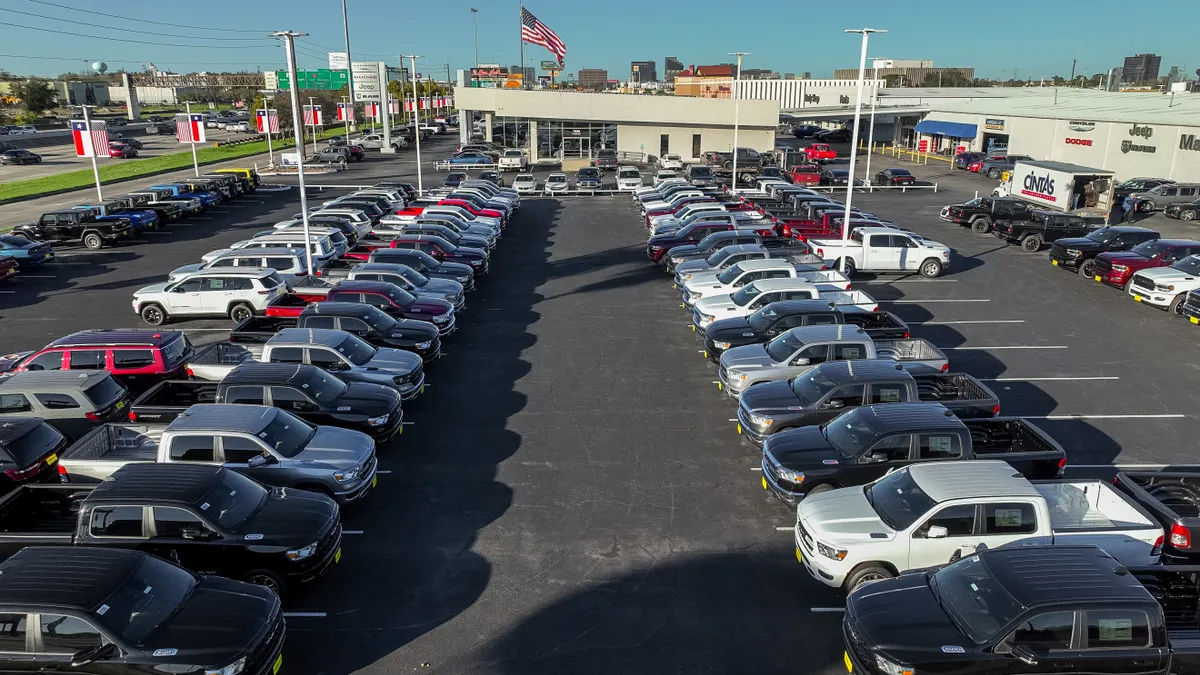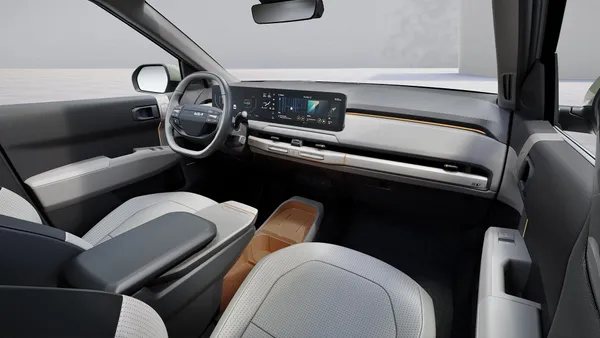The uncertainty surrounding the outcome of the upcoming presidential election is contributing to deflated automobile dealer sentiment amid concerns about rising costs and diminished profitability, according to a recent Cox Automotive survey.
After all, a majority of consumers say they expect the election to affect any upcoming vehicle purchases. Accordingly, the survey found that 44% of dealers believed the political climate was negatively affecting their businesses.
The coming election is just one factor affecting dealer perspectives, in addition to worries about the economy, interest rates and more.
The Cox Automotive Dealer Sentiment Index released in June revealed that dealers across the country view the market as weak and do not have high hopes for improvement in the coming months.
According to the results, the overall market sentiment index score for Q3 2024 was 40 on a scale of 100 — below the Q2 score of 42 and less than the index score at the same time last year, which was 45. A score over 50 would suggest that more dealers view the market environment as strong as opposed to weak.
Automobile dealership profits peaked in 2021 and, since then, dealers have been less optimistic, Cox Automotive reported.
“Dealer profitability is one of the central measures in our quarterly survey, as it showcases the core strength of the business,” said Cox Automotive Chief Economist Jonathan Smoke, in a press release. He said that the fact that dealer profitability has mostly declined since 2021 “is likely impacting many sentiment measures, dragging the overall survey scores lower.”
Dealers suggested they were confronting increased operational expenses, as dealers’ cost index score was 77 — a new high for the index. Dealers had a profitability index score of 34, much lower than the profitability index score of 60 in Q3 2021, which was the index peak.
Index scores were different between franchised and independent dealers:
- Franchised dealers tend to view future market conditions more optimistically. In Q3 of 2024, their index score was 50.
- Comparatively, independent dealers had a score of 37 during the quarter. Cox Automotive reported that the comparatively negative views of independent dealers “dragged down the overall sentiment scores.”
However, sentiment regarding electric vehicle sales increased relative to the Q2. The index score for Q3 was 44, three points higher than the Q2 score of 41. Still, dealer expectations for future EV sales fell from a score of 39 in the Q2 of 2024 to 37 in Q3.
Cox Automotive surveyed a representative sample of 933 dealers across the U.S., which include 536 franchised dealers and 397 independent dealers.











